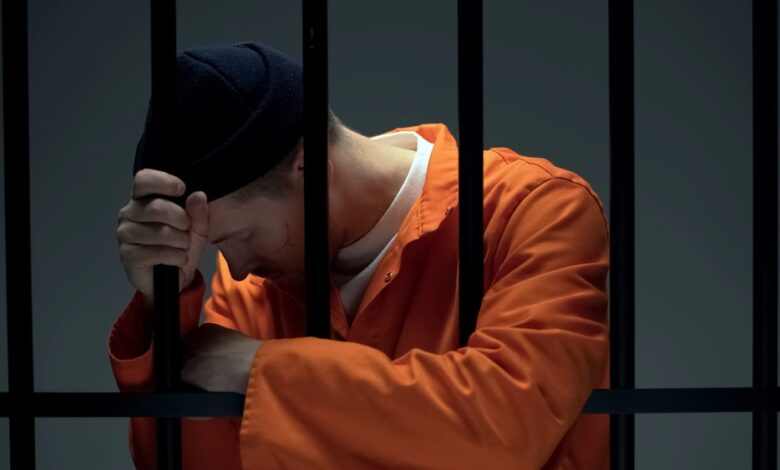An Economic Argument for Mercy

The Economic Perspective on Mercy and Tough-on-Crime Policies
Mercy has always played a significant role in the legal system, allowing judges to consider extenuating circumstances when determining punishments for crimes. While some argue that mercy can be perceived as a weakness, especially in cases of heinous crimes like murder or treason, others believe that a tough-on-crime approach is more effective in deterring criminal behavior. However, the economic implications of these policies are worth examining.
From an economic standpoint, a rational criminal will weigh the potential benefits of committing a crime against the expected punishment. If the punishment is severe enough, the rational choice would be to refrain from criminal behavior. For instance, if the penalty for stealing $100 is a $10,000 fine with a 1% chance of getting caught, the rational criminal would not take the risk as the cost outweighs the benefit.
However, implementing excessively harsh penalties, such as death for all crimes, could have unintended consequences. In such a scenario, the relative cost of violent crime decreases compared to lesser offenses, potentially leading to an increase in violent behavior. For example, a criminal faced with certain death upon surrendering to authorities may choose to resist arrest, where there is at least a slim chance of escape.
Therefore, a tough-on-crime policy may reduce overall crime rates but could shift the mix of crimes towards more violent acts. In contrast, a more merciful approach lowers the cost of surrender, making it more appealing for criminals to peacefully submit to authorities. This raises the question of whether it is preferable to have a smaller number of violent crimes or a higher number of less severe offenses.
Ultimately, the economic perspective suggests that mercy can be beneficial in discouraging violent behavior and promoting a more peaceful society. By considering the incentives and deterrents for criminal behavior, policymakers can strive to strike a balance between punishment and leniency to achieve the desired outcomes in crime prevention.
It is essential to reflect on the implications of different approaches to criminal justice and consider the long-term effects on societal behavior. Finding the right balance between mercy and tough-on-crime policies is crucial in creating a fair and effective legal system.
For further exploration of these themes, the Japanese anime series Psycho-Pass offers a thought-provoking narrative on the consequences of a society that relies on strict predictive measures to prevent crime, highlighting the complexities of justice and punishment.





